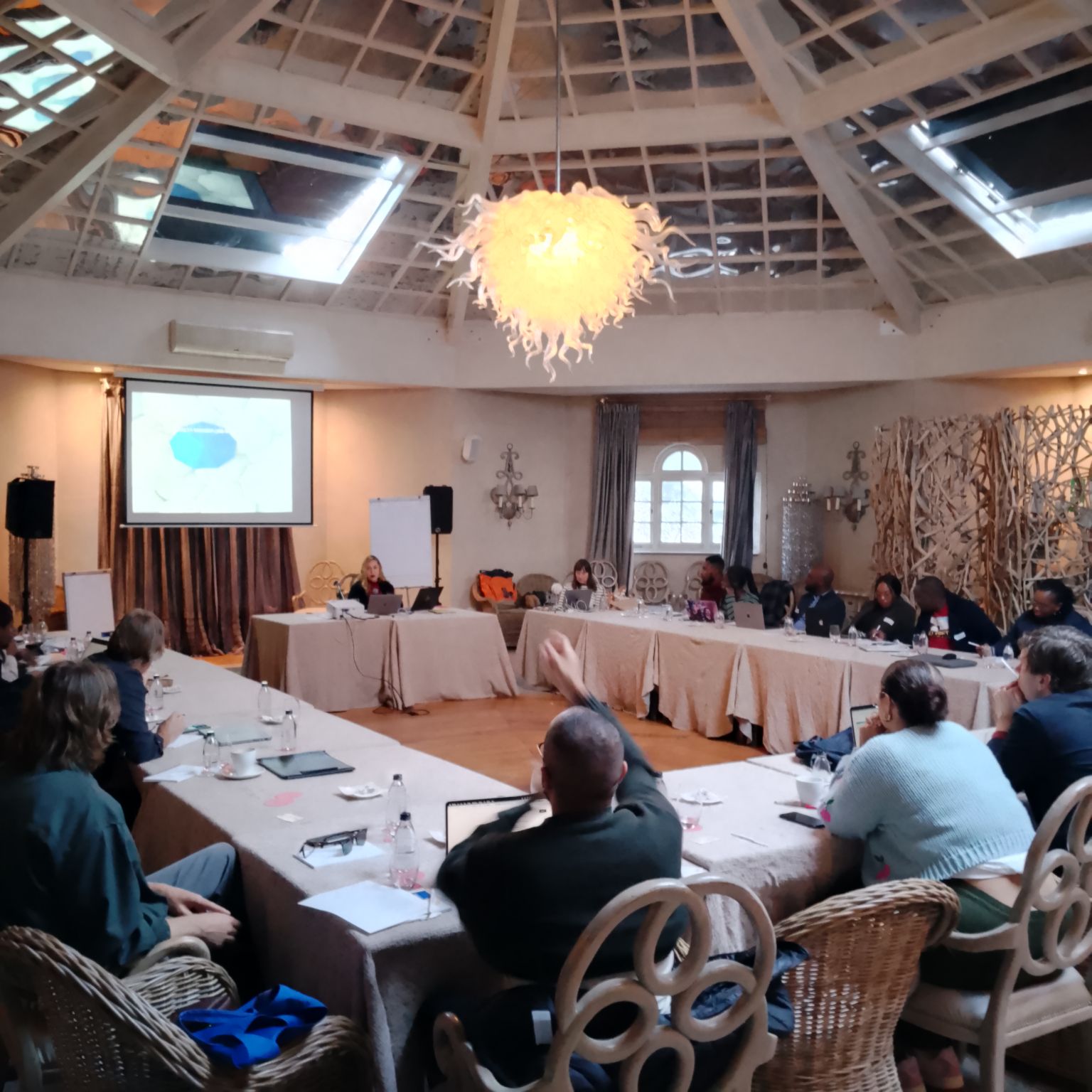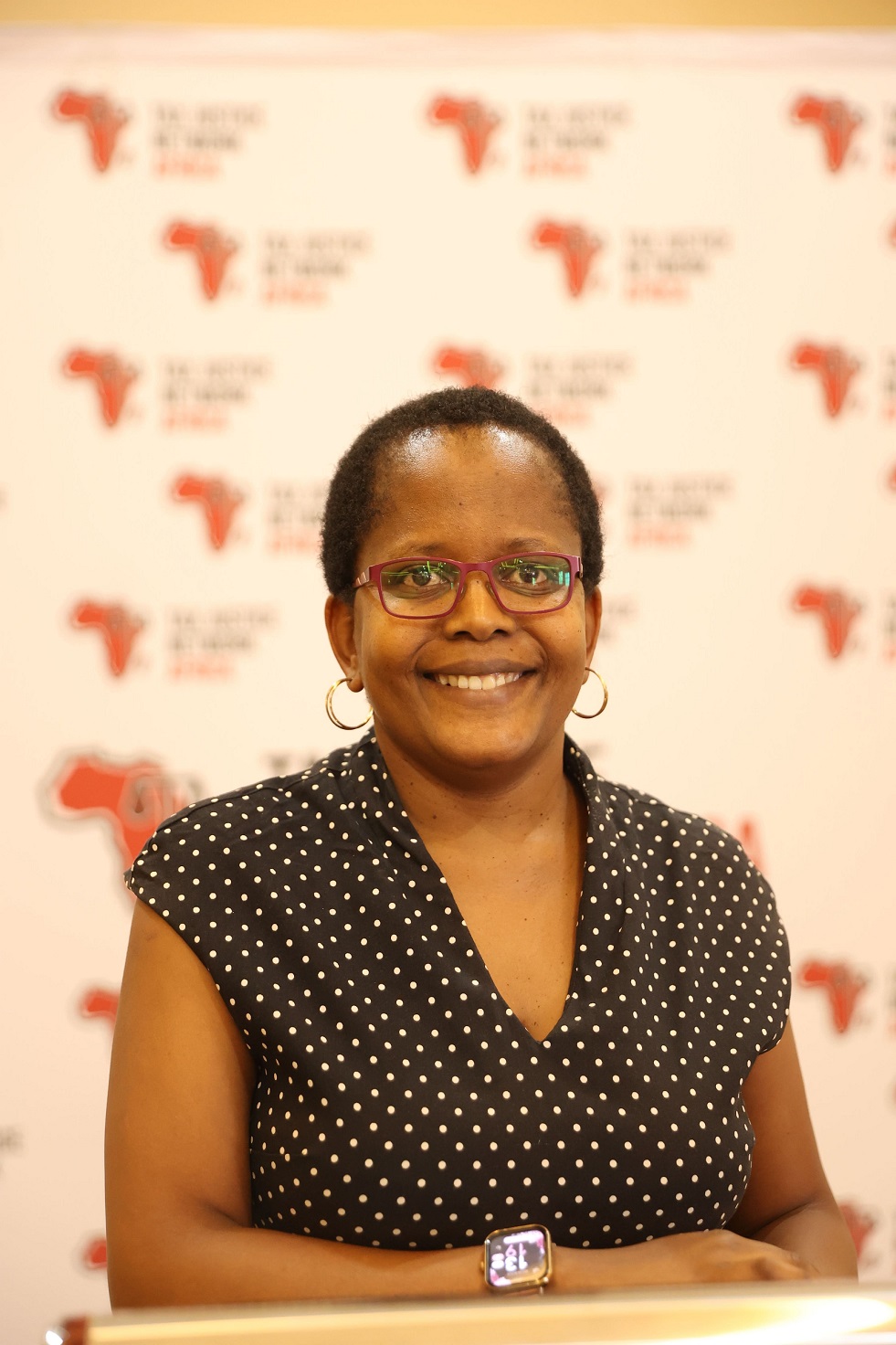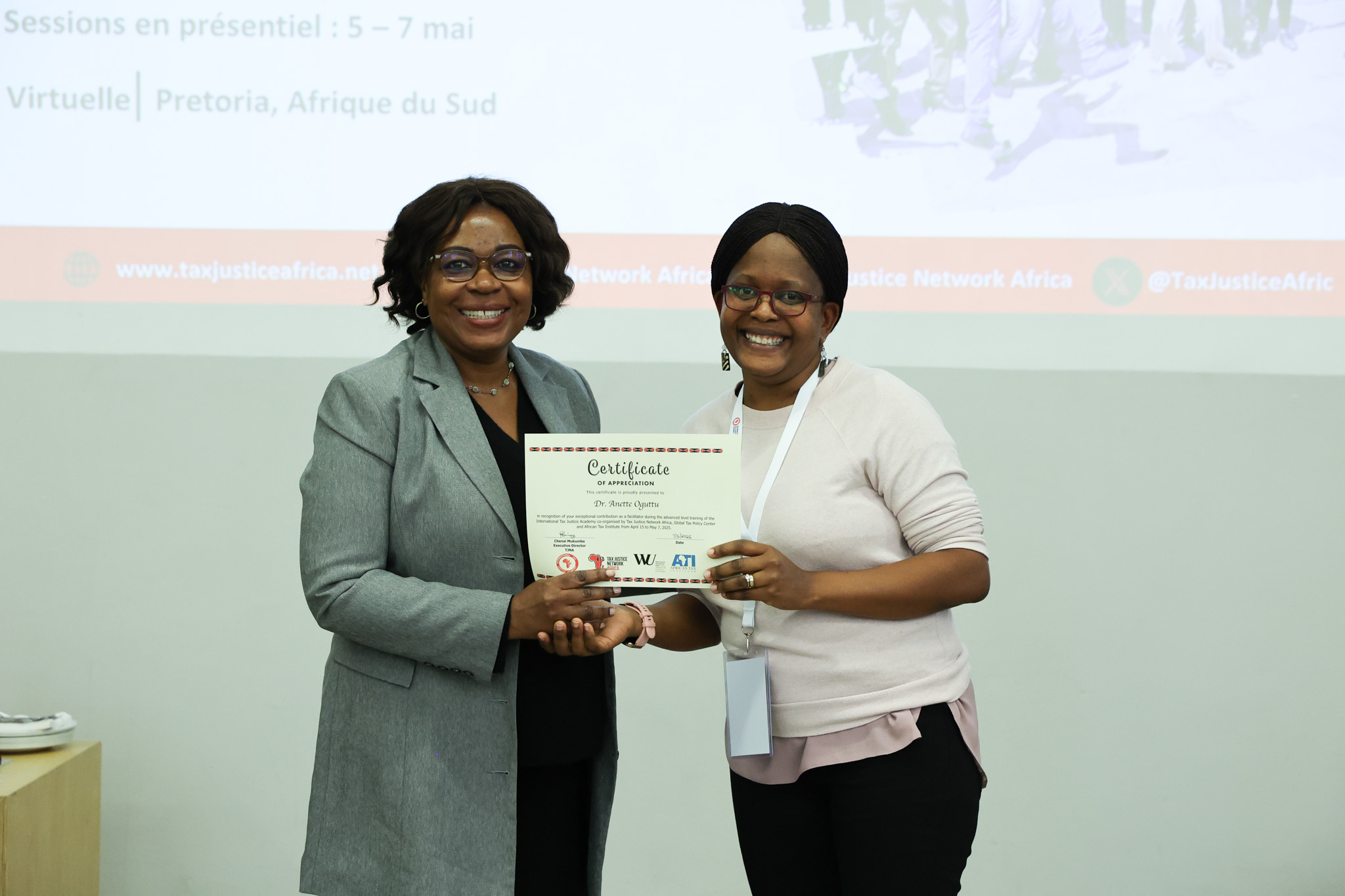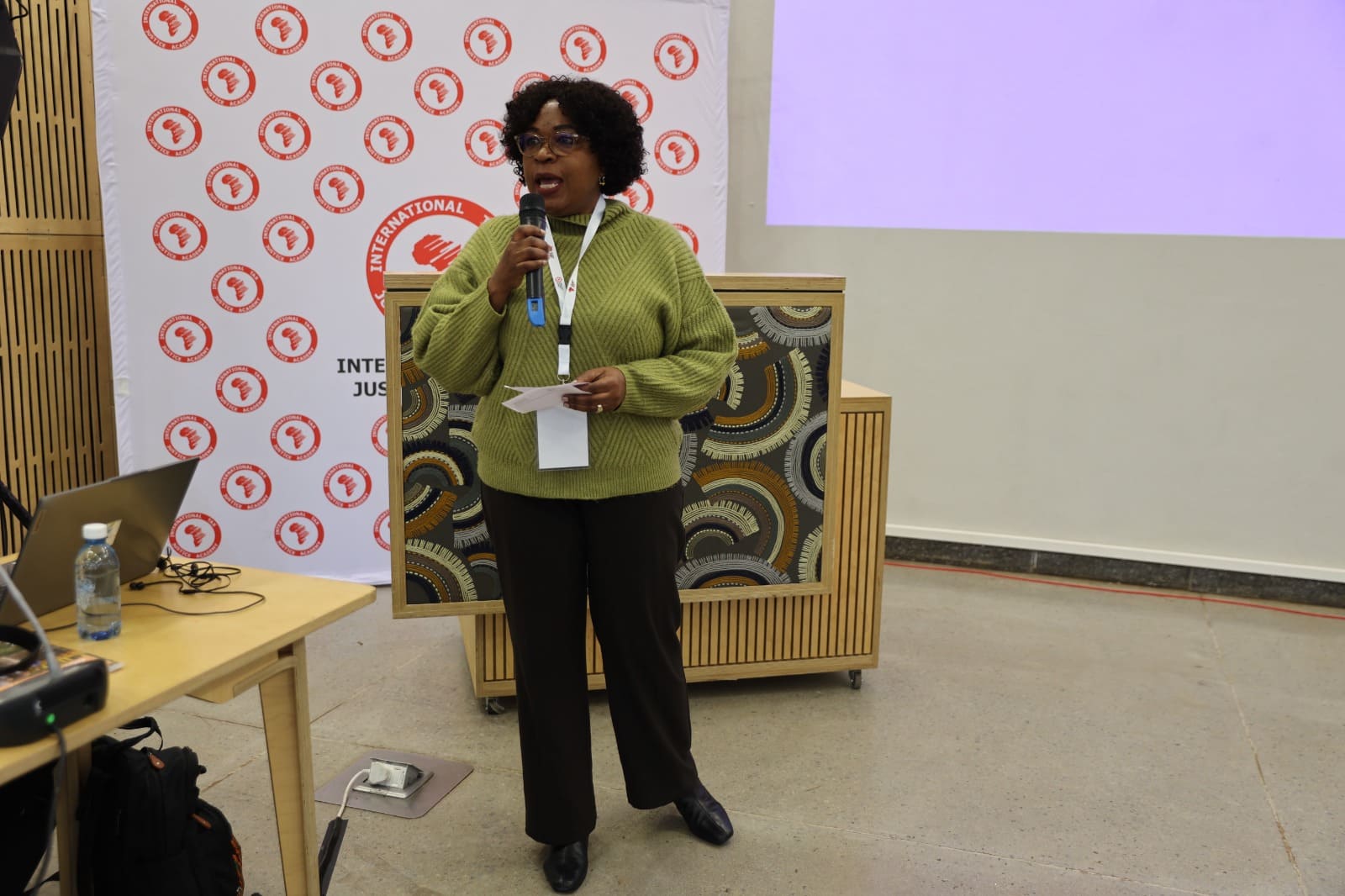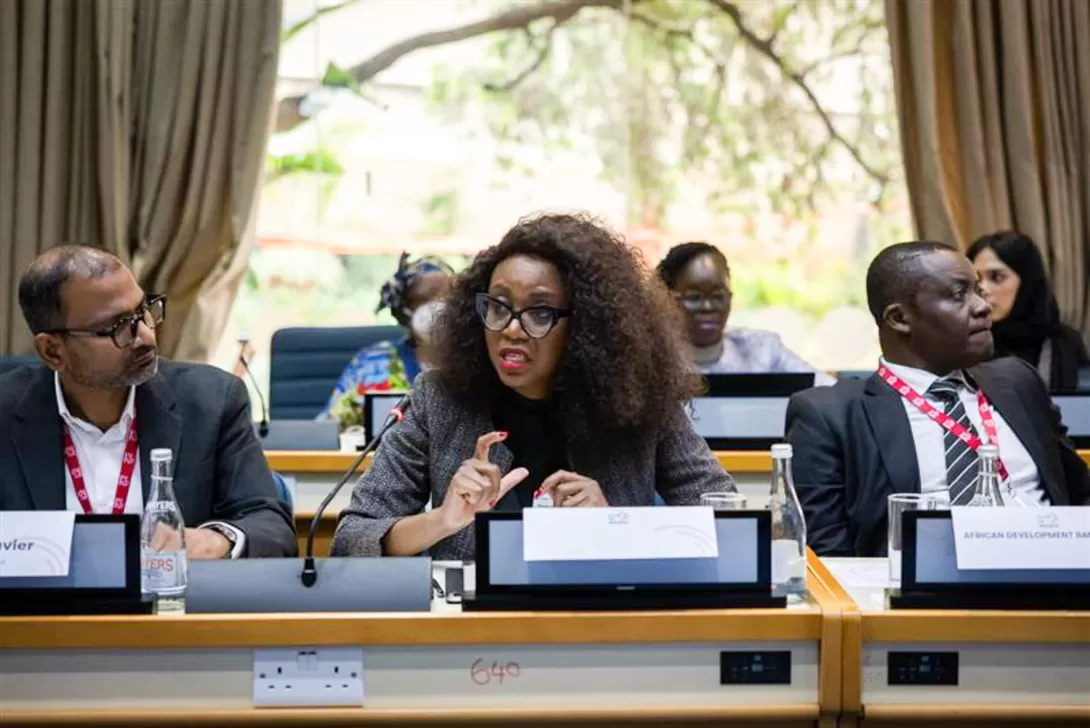
As the escalating challenges of global inequality, severe climate shocks, increasing illicit financial flows, and crippling debt burdens demand urgent action for transformative change, there is a need for world leaders to be resolute in their call and commitments for a radical overhaul of the international financial system.
This message was reiterated by TJNA’s Executive Director, Ms. Chenai Mukumba during the 2025 Club de Madrid Annual Policy Dialogue held in Nairobi, Kenya on 4 April 2025 under the theme "Driving Sustainable Futures for All”.
The discussions emphasized that Africa and other Global South regions should no longer be expected to bear the weight of a broken global financial system. A key focus was the importance of international cooperation in combating IFFs, with countries urged to collaborate to prevent harmful tax competition, share information and valuable resources, and coordinate efforts. A global effort would help increase pressure on international financial institutions to adopt more transparent and inclusive practices.
In her remarks, Ms. Chenai Mukumba stated that addressing IFFs requires a multifaceted approach encompassing national strategies, regional cooperation, and global collaboration.
“At the national level, it is imperative for African countries to strengthen tax administrations, eliminate harmful tax incentives, and ensure transparency in public contracts. Regionally, sharing data and aligning policies are crucial to prevent tax base erosion and profit shifting. However, the most significant challenge lies in the global financial architecture, which remains fragmented and often excludes the voices of developing nations,” Ms. Mukumba added.
From the panel discussions, it was clear that no single country can tackle the problem of IFFs alone. The African Group in New York has been pushing for a UN Tax Convention to ensure that African countries are involved in setting the global tax agenda. Currently, only 28 African nations are members of the Organisation for Economic Co-operation and Development (OECD), meaning African countries are often left out of critical decisions that shape the global financial landscape.
She added, “African countries are pushing for fair global tax reforms that benefit all. IFFs hurt developing nations most, but wealthy countries also lose significant billions annually. Their demand is not self-interest; it is a call for transparency, equity, and justice for the collective good.”
Former Colombian Finance Minister and ex-United Nations Department of Economic and Social Affairs (UN DESA) chief, Mr. José Antonio Ocampo, highlighted the need to strengthen global tax cooperation. The UN Tax Convention on international tax cooperation was a positive step in this direction. He also stated, "We must enhance regional cooperation and provide better support to strengthen tax administration in developing countries.”
Head of Inequality Advocacy at Oxfam International, Mr. Deepak Xavier, debunked the myth of self-made billionaires, noting that 60% of their wealth stems from inheritance, monopolies, or elite connections. “All billionaires under 30 inherited their wealth,” he said, stressing the need for more substantial inheritance taxes. He pointed to ongoing wealth extraction from the Global South, with the richest 1% in countries like the US and UK pulling $30 million per hour in 2023. Yet less than 8 cents of every tax dollar comes from taxing wealth.
“Globalization, capital markets concentration, and IFFs are part of an outdated international tax system largely benefiting big corporations and rich individuals. It is time to break their power,” Mr. Xavier said.
Mr. Xavier also highlighted the growing gap between corporate profits and the taxes they pay. “If profits are up, tax revenues should be too—but they’re not,” he warned. He urged reforms to ensure multinationals are taxed where real value is created and praised African leadership in pushing for a UN-led tax convention. “We can't let one country derail global cooperation. The world needs bold, fair tax rules—inaction is not an option.”
The call for reform is not just for African countries; it is for all nations to come together and create a more inclusive and just global tax system. The need for cooperation is more urgent than ever, and the UN Tax Convention offers the best platform for inclusive decision-making and meaningful change.
For more information on the Annual Policy Dialogue, please contact Everlyn Muendo at emuendo[@]taxjusticeafrica.net.


